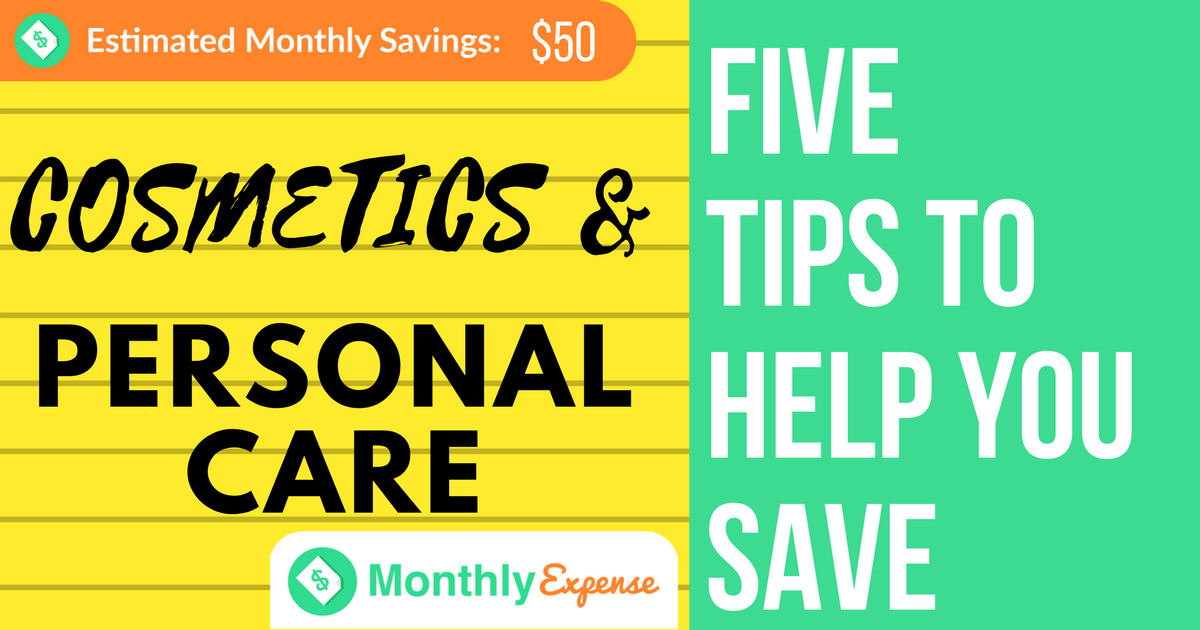Estimated Monthly Savings: $300
There may be times in your life when you need to talk through your problems. Life can be overwhelming, and therapists and counselors are trained to help you through the tough spots. However, many therapists charge a lot of money per session, making money a determining factor in whether or not you see a therapist. Instead of giving up on help, try one of these tips to save money on therapy.
1. Find a Training Clinic. Therapists go to school for their training, and as they learn, they take on real cases for a discounted price. Worried about the quality of their care? You shouldn’t be. The students are monitored by their teachers. They provide real help, not just practice help.
2. Seek Help From Your Church. Spiritual leaders, such as a pastor of a church, often provide free counseling. In fact, most pastors are experienced in dealing with all sorts of life issues such as marriage problems, depression, and financial insecurity. Churches may also offer support groups or Bible studies focused on a particular problem.
3. Get Online Advice. If you have a specific problem, you may be able to find educated answers free online. Many trained therapists and counselors run their businesses online, posting helpful articles on their blogs and charging only for the individual help. If you discern carefully, you may find the help and encouragement you need waiting on the web. Also, these online helps may lead you to related Facebook support groups for added encouragement.
4. Read a Counseling Book. Books cost a lot less than an actual counseling session, and some people may actually be more honest with themselves if they are reading a book instead of talking to a live person. Try finding a counseling book that addresses your situation. Many of them offer specific advice and assignments that can help you face life in a new and better way.
5. Seek Help from a Friend. Not all friends are good at counseling, and most friends are not professional therapists. But true friends do have one thing going for them: they honestly care about you. Don’t be afraid to reach out. Good friends can be great support buddies.
It’s a good idea to try these five tips first, and then, if you feel like your problem still requires further help, you can seek a professional. The most important thing to remember is that you are not alone. People all over the world use counseling to deal with issues just like your issue. Please reach out to get the help you need!




